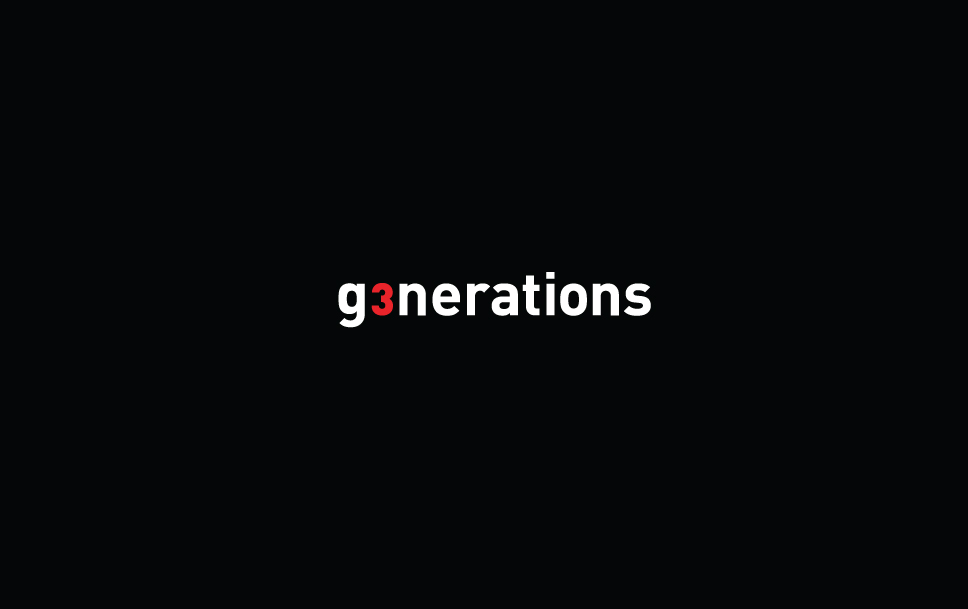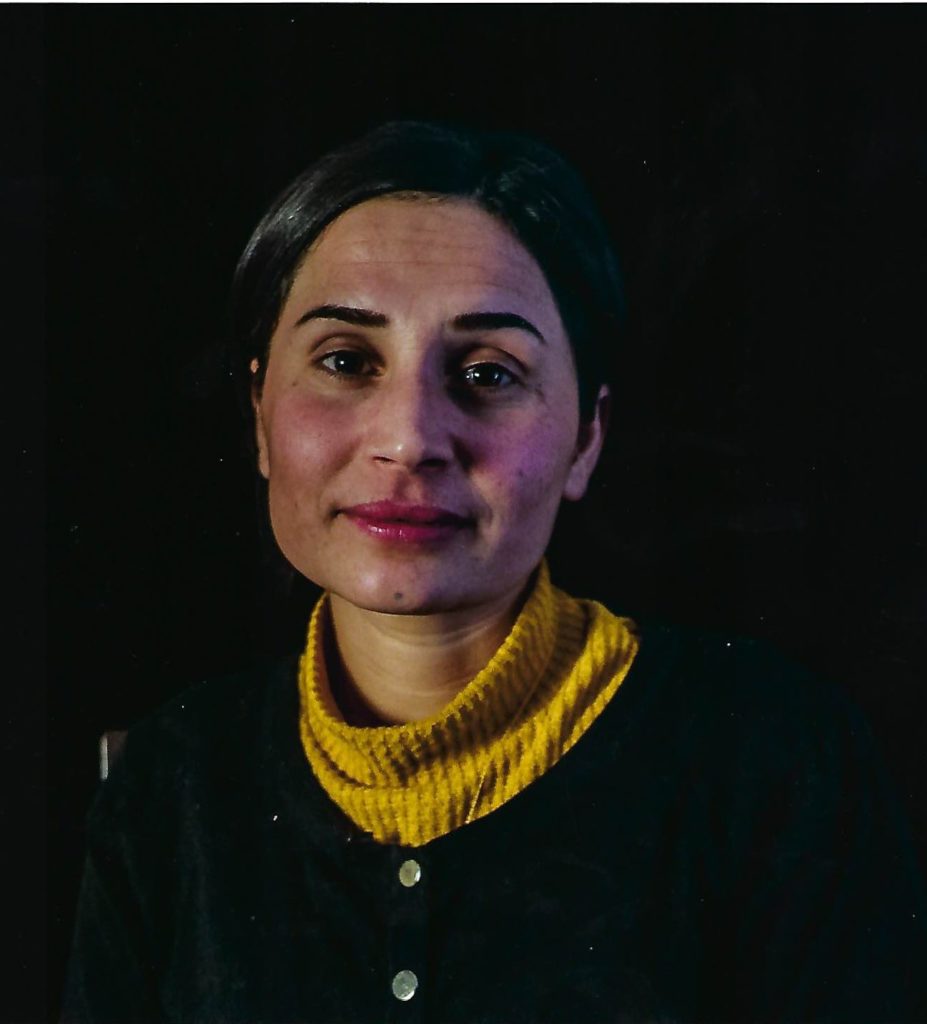Opinions
‘To forget the Holocaust would be akin to killing them a second time”
A few weeks ago, I returned to work from a week in Guayaquil, Ecuador, a populous city in the province of Guayas, where half a century ago my maternal grandparents met while in exile from fascist Europe – two of the more than four thousand Jews who were welcomed as refugees in a country that would soon face a series of its own political upheavals. It has taken me this time to process my experience walking in their footsteps, particularly in an American political climate dominated by resurgent nationalist and exclusionary sentiments and policies.
My grandparents and their families managed to escape with their lives from Germany and Italy respectively. She was just 12 and he was 19. Their relationship unfolded in Spanish, a language newly acquired for both. Together they made a home in conditions of considerable poverty, and despite encounters with Typhus fever, earthquakes, and civil unrest, survived to emigrate to the United States in 1955, convinced – like many immigrants – that they would be met with an opportunity for a better life for their children.
My father’s parents had another story of survival, in Poland and the Netherlands, and I am keenly aware that my own life is a function of this odd confluence of fates that brought four people from different countries, on different pathways, together. At just eighteen years old, my grandmother was captured in Czechoslovakia, and taken on the third transport of women to the new extermination camp at Auschwitz. As the Nazis lost ground to the Red Army in 1944, my grandmother and countless others were marched across Europe. Many died of exhaustion. Others were shot where they stood. The SS were desperate to keep their prisoners out of the hands of allied forces, and took extraordinary measures to prevent that eventuality. In Auschwitz, my grandmother twice met the Angel of Death, Josef Mengele. Her experience, and that of her older sister Rena, with whom she survived the entirety of the war, was the subject of a best-selling memoir, Rena’s Promise. Her future husband grew up and was educated in Amsterdam. Though for a time he labored in a work camp, he mustered the nerve to walk out the front door when the opportunity presented itself. He escaped on a train, narrowly avoiding capture in part because he looked Aryan, but also through remarkable courage and cunning. Several times he faces SS officers and outwitted them, distracting them or using Wehrmacht officers as cover.
All of my grandparents built their lives from the ashes left by one of the most efficient genocidal war machines the world has ever known. Each, in their own way, felt it necessary to avoid allowing their experiences to make them in turn hateful of others. To hate, they would often say, was to let Hitler win. They thought their survival, and indeed of us, their children and grandchildren, as the best revenge. We rarely talked about their suffering. They poured their efforts instead into creating the conditions for an inclusive and happy family life. And yet, there has not been a single moment in my life when those memories have not, in one way or another, been present. That history, integral to my experience. To my being. And I carry their aspirations, their dreams, and to an extent, their suffering, with me every day. And I make sure everyone in my life knows how proud I am to come from such a family, and how much I admire my grandparents for all they were able to achieve and to make possible for us. All four of them have now passed on, but I carry them in my heart everywhere I go.
Spending time in Guayaquil, I found myself flooded by memories of my grandparents. My oldest brother is a cultural anthropologist and has for a number of years carried out fieldwork in Germany. Several times we have joined him there as a family. But for all we know, for as important as my grandparents and their stories are to me, the horror of that time never feels quite real to me when I am in Europe. And I had the same feeling in Ecuador. Something about violence always seems to evade us, slipping out of our grasp, impossible to capture. Scholars have said so for a long time, but there are very real consequences of this situation for our contemporary political reality. In the seventy-five years since the Shoah, much of the memory of those refugees has been wiped away. Of course, in Berlin, memorials, plaques, monuments and other signs of ostensive apology are everywhere. And yet, it also feels like any other city, no different for the crimes many of its residents committed only a few generations ago. In Guayaquil, there are today only about seventy members of the Jewish community. One would be hard pressed to find the traces of that history. In times such as these, both kinds of forgetting take on a harrowing quality. Everywhere we seem to be under threat of becoming unmoved bystanders to violence.
Every step I take is in honor of my grandparents. But now, walking in streets in so many cities that have been witness to horrors, it’s hard not to be shaken by the complacency with history. These memories are the driving force behind my decision to dedicated my life to human rights advocacy. Racist violence seems to fade easily from the oppressor’s sight. We forget all the time. Or continue to refuse to see what is right before our eyes. For many, these are not distant threats. They are not somewhere over the horizon. They are the reality of life right now. Visiting Ecuador has been a painful but important reminder for me. With my grandparents at the forefront of my mind, I am back at work this week hoping I can make a difference; hoping not only that violence on the scale of the Holocaust will never come again, but that we remain alive to dangers already present for our neighbors.
-Jamie Brandel, Production/Research Manager



